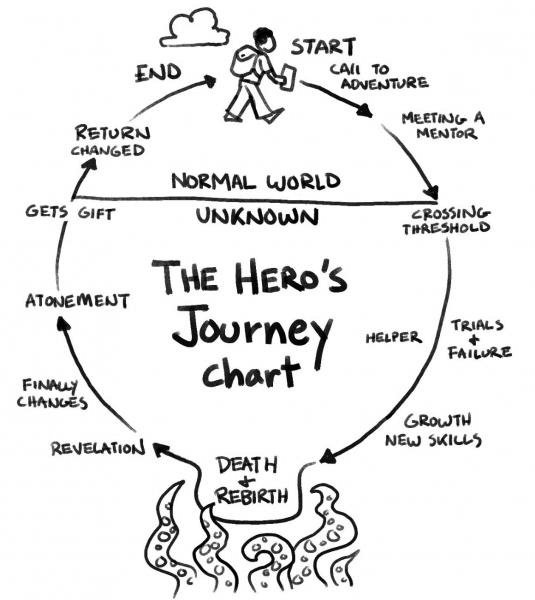The Alchemist
a Book Review of the novel by Paolo Coelho
A lot of people (e.g. Will Smith, Madonna, and Pharrell Williams, among others) say that The Alchemist by Paolo Coelho is one of their favorite books. I can see why — the novel’s message is very clear and the narrative promotes the individual pursuit of fulfillment, called one’s “personal legend.” I enjoyed the novel like I enjoy a sermon. The book contains a lot of grand truisms and very little nuance, it left me temporarily satisfied until I started to think about it.
The Alchemist is about an Andalusian Shepard boy named Santiago who dreams about treasure at the foot of the Egyptian pyramids. He goes to a gypsy women who interprets his dream and tells him (for the price of 10% of the treasure) that the treasure is actually real. He doesn’t believe her, but then he meets a magical king who also tells him (for 10% of his sheep) that the treasure is real. This convinces Santiago; he sells all of the rest of his sheep and travels Egypt. Once there Santiago faces many obstacles on his journey of personal discovery. As reader’s we learn that finding this treasure is the boy’s personal legend.
The Alchemist is a very idealistic novel — it implies that you will accomplish your personal legend, but only if you never give up. The novel argues that “when you want something, all the universe conspires in helping you to achieve it,” but only if you are open and listen to the signs. When Santiago begins to doubt his pursuit of his personal legend, he conveniently meets people who convince him to stay on his path. He meets a crystal maker, an Englishman, and, finally, an alchemist.
The themes and motifs in The Alchemist are not unique but they do resonate with readers. I think that a fair comparison can be drawn between The Alchemist (1988) and another idealistic book, Man’s Search for Meaning (1946) — we see they are both very short books that use narrative to illustrate straightforward concepts about the meaning and purpose of life. In both books, the main characters, on the brink of death, realize that having meaning in life makes life worth living. These two books are in a genre of their own: narrative self help books. No matter what I have to say about it, this genre is extremely popular; Man’s Search for Meaning has sold over 10 million copies and The Alchemist 65 million copies.
The Alchemist follows the classic hero’s journey. I mean this literally; there is a one-to-one correspondence between the figure below and the events in Santiago’s life. By incorporating the hero’s journey, the novel becomes familiar to the reader, but also extremely predictable. It is clear from the start that this book is not trying to teach tough lessons about the reality of the world. Instead, it is supposed to encourage the reader and motivate them to pursue their goals in life.
Not only is the plot extremely predictable, the language and dialogue is forced and contrived. The alchemist is an all-knowing guide for Santiago but he speaks only in platitudes. For example, “‘It's not what enters men's mouth that is evil,’ said the alchemist. ‘It's what comes out of their mouths that is.’” and “Everything that happens once can never happen again. But everything that happens twice will surely happen a third time.” These two are a very, very small subset of the old chestnuts the alchemist gives to Santiago. There are many similar quotes from Santiago’s various mentors, such as: “There is only one thing that makes a dream impossible to achieve: the fear of failure.” and “People are capable, at any time in their lives, of doing what they dream of.”
When asked whether it took him four weeks to write The Alchemist, Paulo Coehlo replied, “Two weeks. Yes. The book was already written in my soul.” The writing is not superb, the plot is not ingenious, the motif is not original, but The Alchemist is short, clear, and motivational. It’s a great book for those times in life when life is keeping you down and you need some encouraging words to continue on.
The Don’t Call Me Ishmael Official Book Rating, Sponsored by Whale Wrestling Entertainment (WWE):
3/5 Whales. Readable.


![The Alchemist by [Paulo Coelho] The Alchemist by [Paulo Coelho]](https://substackcdn.com/image/fetch/$s_!DkXd!,w_1456,c_limit,f_auto,q_auto:good,fl_progressive:steep/https%3A%2F%2Fbucketeer-e05bbc84-baa3-437e-9518-adb32be77984.s3.amazonaws.com%2Fpublic%2Fimages%2Fa520dd51-3555-4f5a-9261-09ed2576bfdd_330x500.jpeg)

